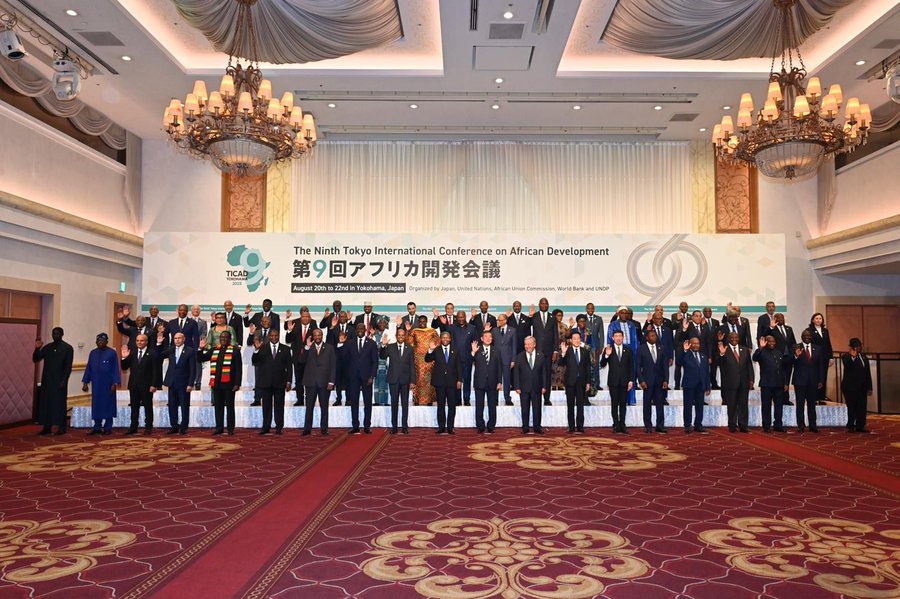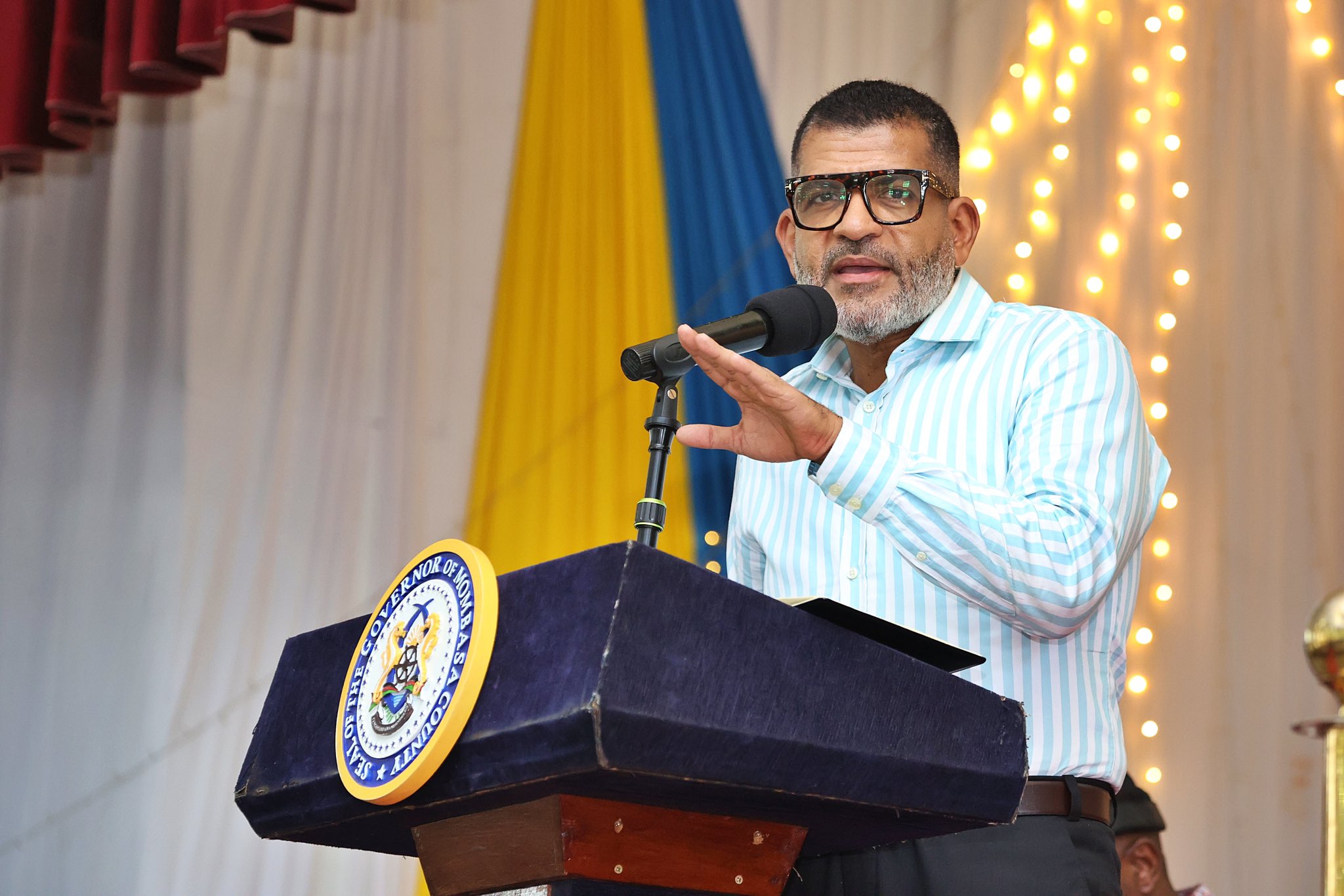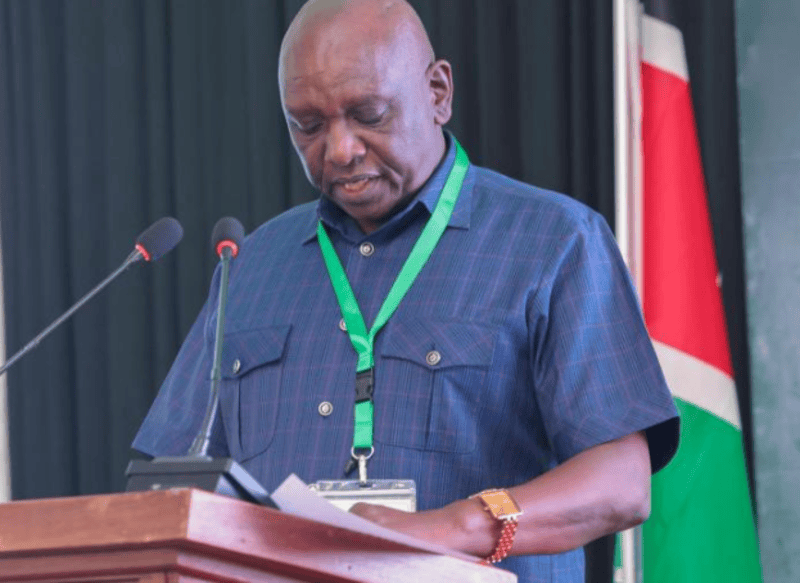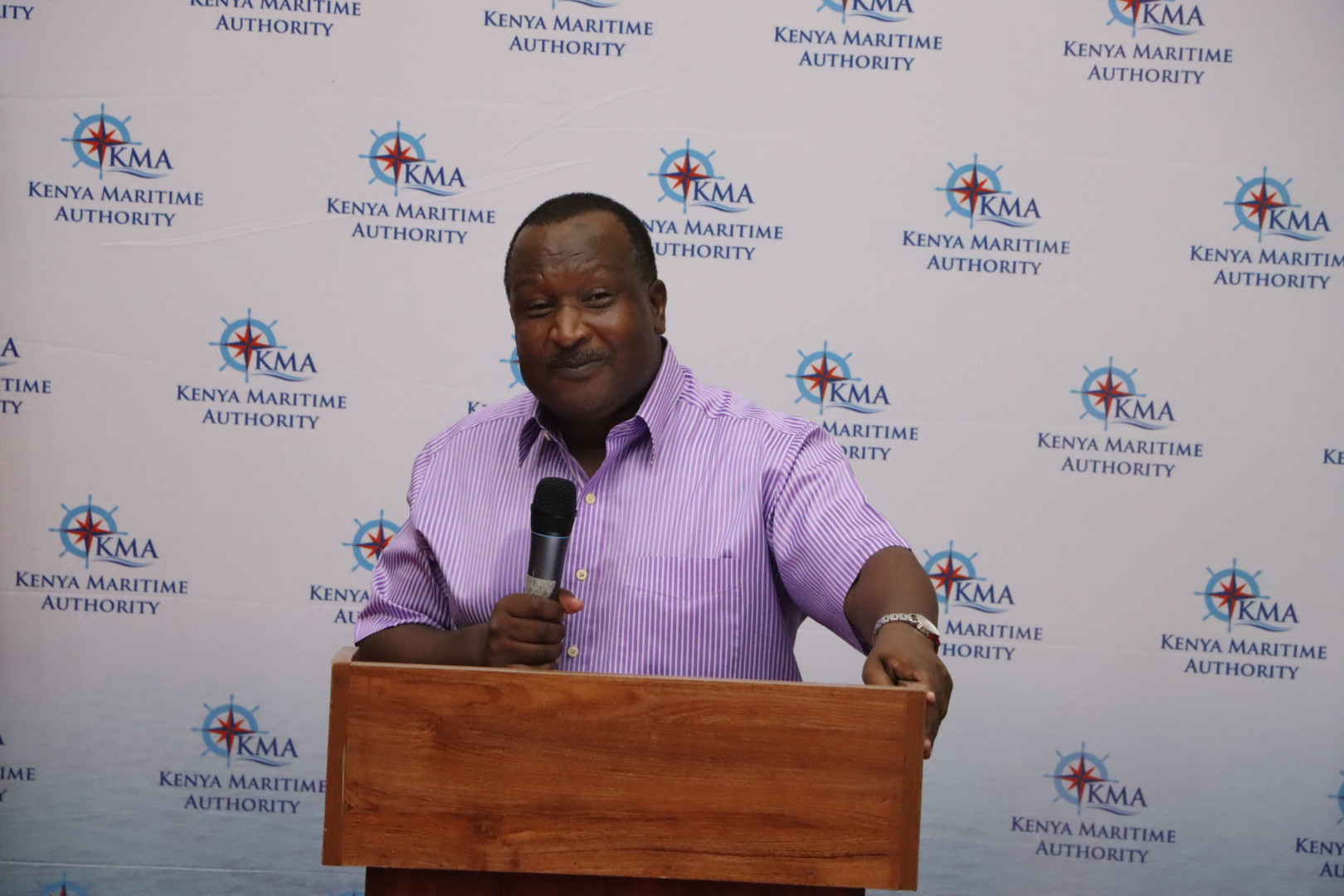Treasury CS John Mbadi assures Kenyans of "realistic and balanced" 2025/2026 Budget
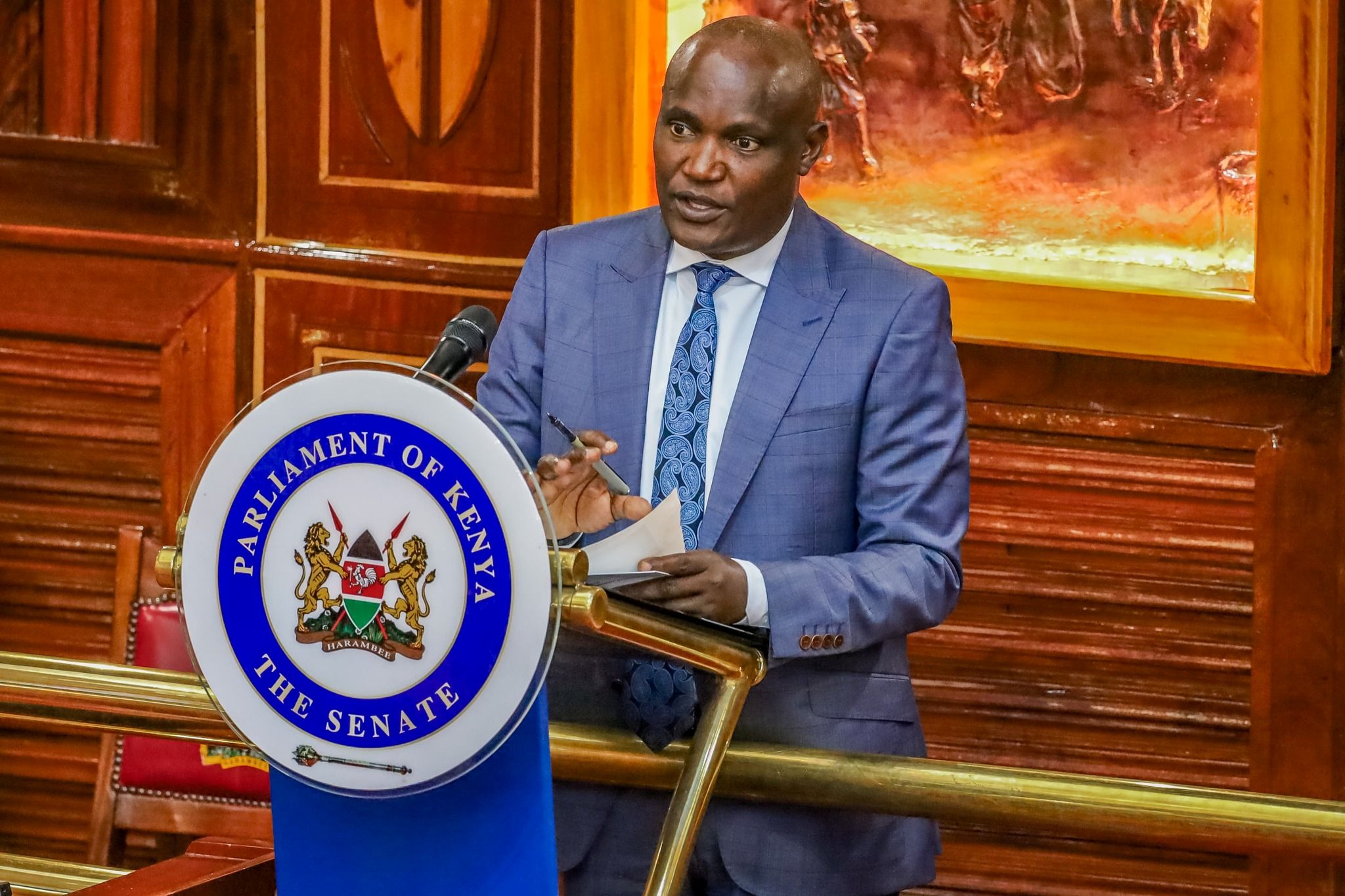
Mbadi revealed that for the first time, the National Treasury’s revenue projections are deliberately set lower than those estimated by the Parliamentary Budget Office.
Treasury Cabinet Secretary John Mbadi has assured Kenyans that the 2025/2026 budget is realistic and carefully designed to meet the country’s pressing needs without being overambitious.
Speaking to Citizen TV ahead of the official budget presentation, Mbadi revealed that for the first time, the National Treasury’s revenue projections are deliberately set lower than those estimated by the Parliamentary Budget Office.
More To Read
- Judiciary calls for budget increase, says Sh20 billion deficit crippling functions
- Kenya’s current account deficit surges to Sh66 billion - KNBS
- Counties rush to spend Sh30.99 billion disbursed before end of financial year
- Zero development funds: President's office, police, IEBC among 14 agencies starved of budget cash
- Revenue shortfall sparks National Treasury’s Sh18 billion supplementary budget push
- How Gen-Z protests forced National Treasury to cut Sh52 billion from budget
He described this cautious approach as a crucial step toward managing the budget deficit and avoiding mid-year revisions that could worsen the country’s financial position.
Mbadi emphasised that the budget strikes a careful balance between revenue and expenditure despite the tight and shrinking fiscal space.
“The budget is not overambitious. Our revenue projections are reasonable, and for the first time, National Treasury has projected ordinary revenue below what the Parliamentary Budget Office has estimated. This is a key step towards managing our budget deficit,” said Treasury Cabinet Secretary John Mbadi.
“If revenue projections are unrealistic, it leads to budget revisions and increased deficits,” he said, highlighting the importance of prudent financial planning.
Mbadi explained that despite the tight and shrinking fiscal space, the government has made every effort to allocate resources to critical areas that benefit ordinary Kenyans. He noted that the budget provides reasonable funding for agriculture and food security.
The agriculture sector and food security have received reasonable allocations to support farmers and enhance food production. Health sector funding has also been boosted significantly, with primary health care receiving an increase from Sh7 billion to Sh13 billion.
Mbadi also highlighted that the budget nearly doubles funding for emergency, chronic, and clinical illnesses, along with many other health-related programmes.
Regarding education, Mbadi said the budget maintains almost the same allocations as the previous year but includes an additional Sh6 billion for higher education loans to support more students.
He added that social protection and affirmative action programmes have been boosted to assist vulnerable groups in society. More funds have been directed towards cash transfers for the elderly, orphans, and people living with severe disabilities.
Mbadi described the 2025/2026 budget as responsive and focused on delivering tangible benefits to the Kenyan people while maintaining fiscal responsibility.
“In my view, this budget is responsive enough,” he said.
The National Treasury had released the 2025/26 Budget Policy Statement, raising total budget estimates to Sh4.26 trillion from Sh3.98 trillion in the previous fiscal year.
Currently, Treasury projects to raise Sh2.7 trillion in revenue and an additional Sh560 billion in government levies and service fees, totalling about Sh3.3 trillion. With Sh46.9 billion expected from grants, the budget faces a deficit of approximately Sh876 billion, to be covered through borrowing.
Mbadi described the 2025/2026 budget as responsive and focused on delivering tangible benefits to the Kenyan people while maintaining fiscal responsibility.
Top Stories Today





